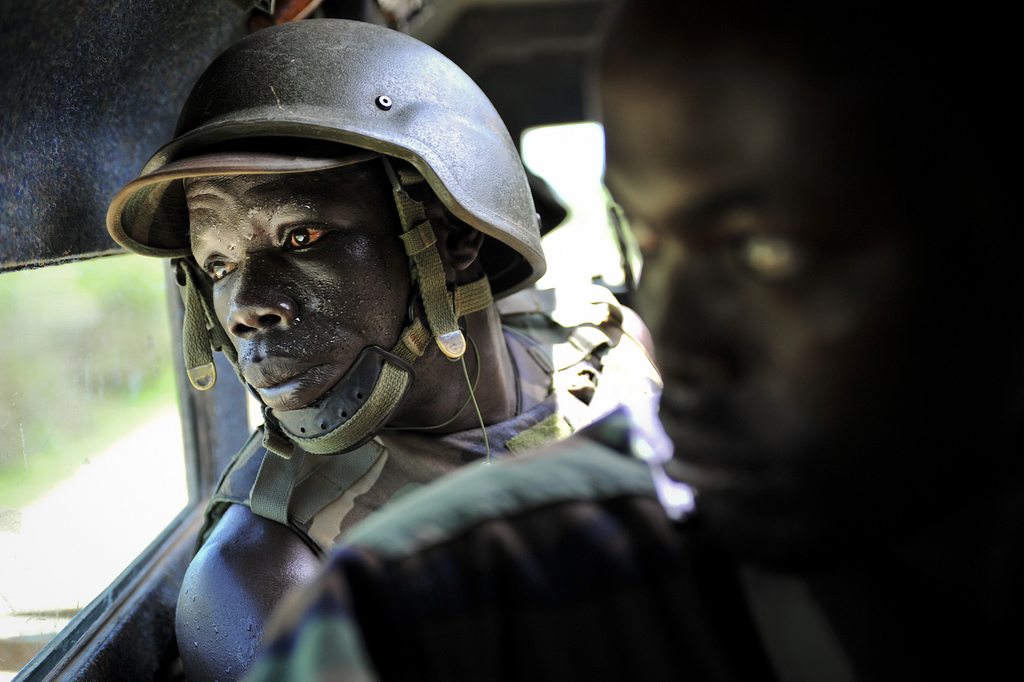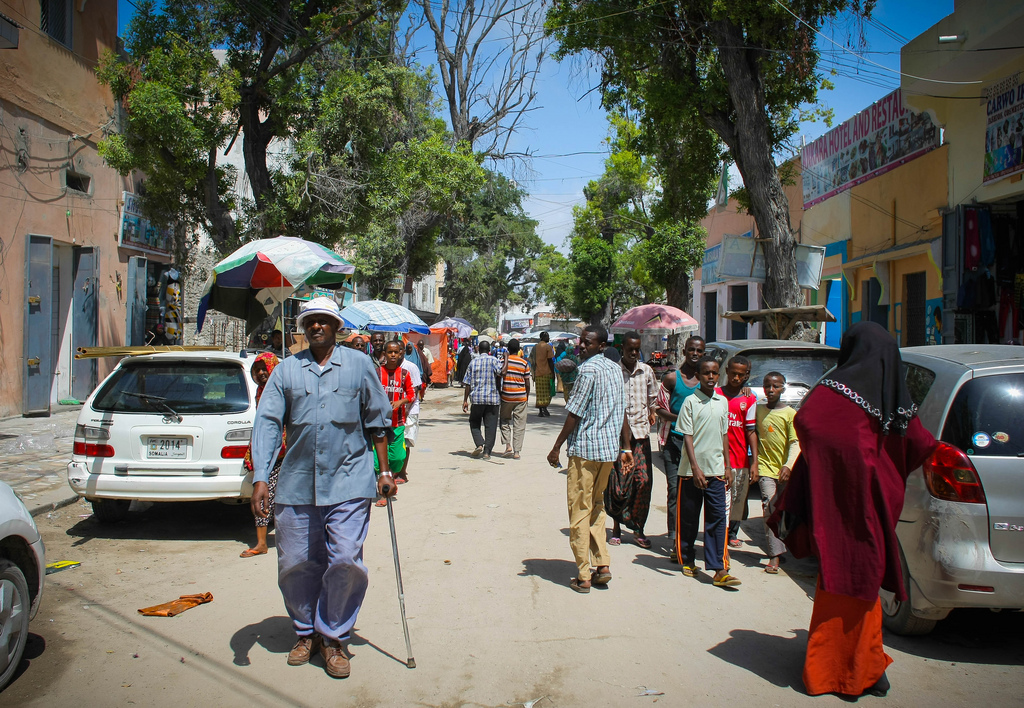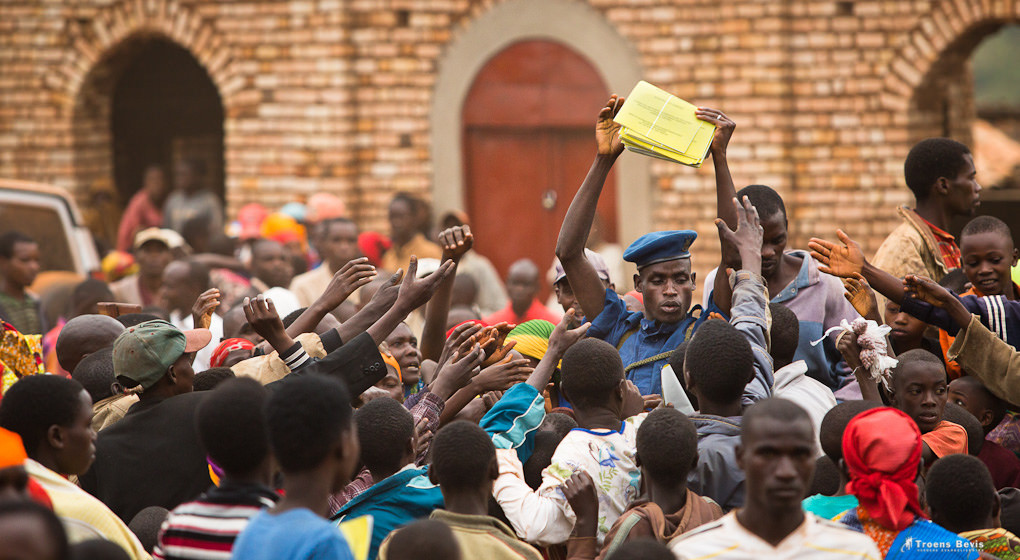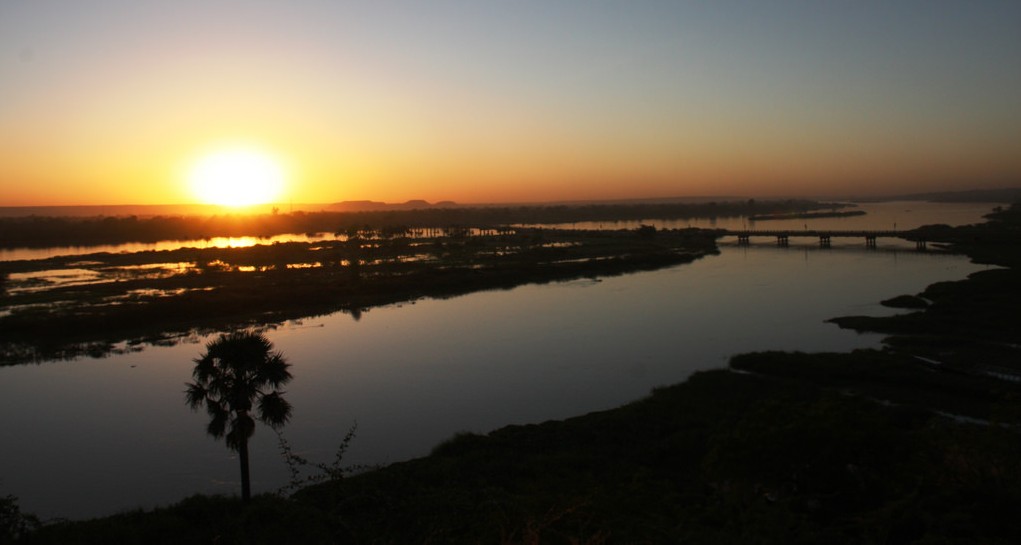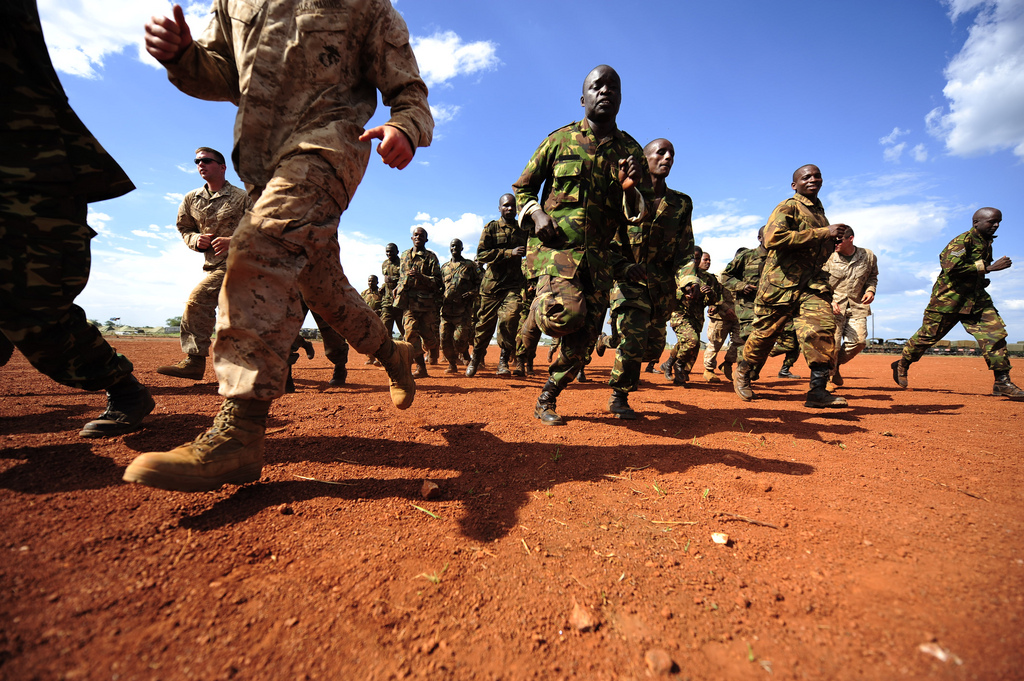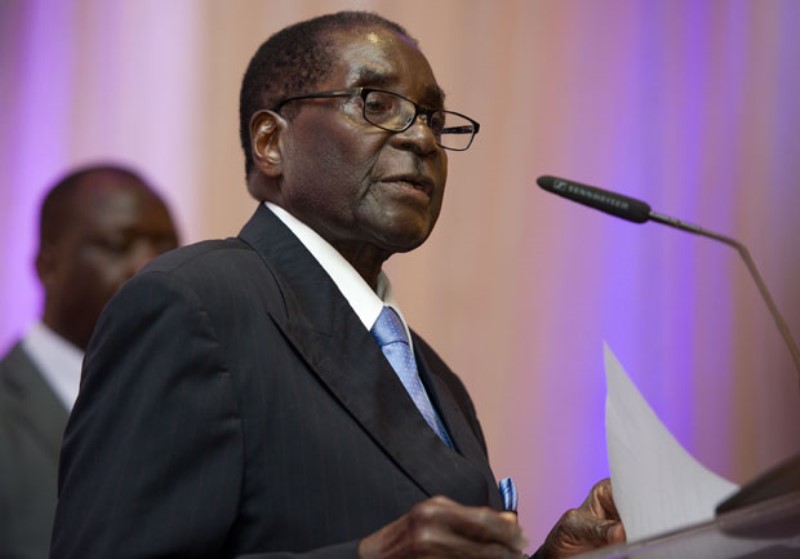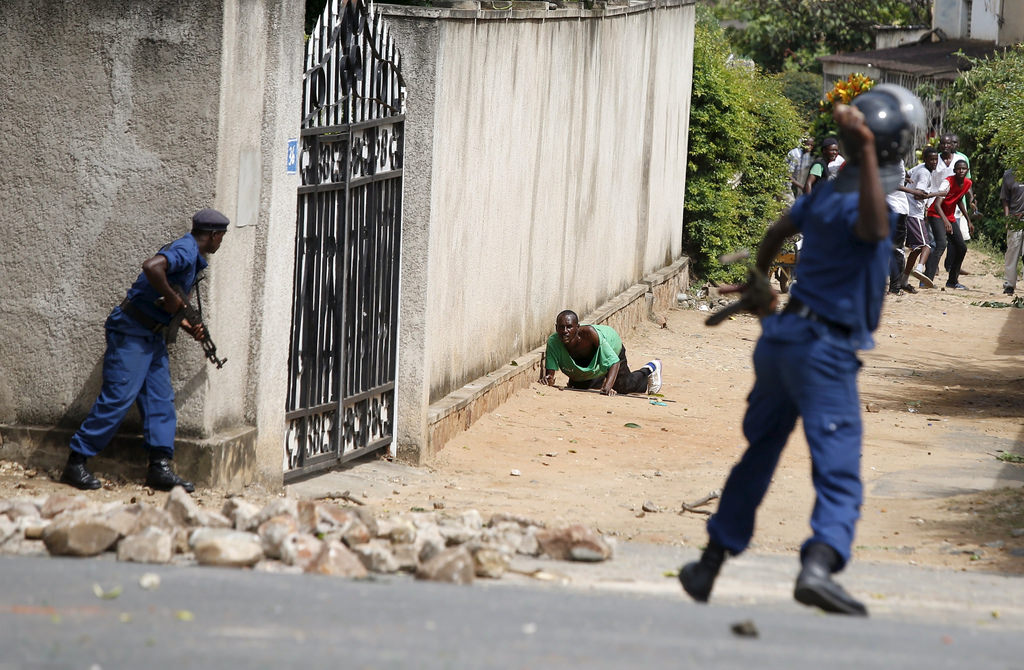"In February 2016, the African Union announced its decision not to send an intervention force into Burundi without the consent of the country’s government. What were its reasons for this decision?"
Essays
Essays present critical analysis and debate on a pressing issue in African peacebuilding.
“Kill Us Together or Leave Us Alone”: The Beginning of the End of Al-Shabaab Menace in Kenya
by Jacinta Mwende Maweu"The media in Kenya need to take their public interest role seriously and stop behaving as fear mongers or as cheerleaders for militants’ heinous acts. Instead, they should cheer on and celebrate the acts more worthy of attention—like those of the Muslims on that ambushed bus—to help bring the Al-Shabaab menace in Kenya to an end."
The Crisis in Burundi: A Call to Regional Actors
by Dagan Rossini"Given Burundi’s refusal to allow the AU’s peacekeeping force and the UN’s admitted lack of preparedness, what role can the East African Community play in diffusing the situation and ensuring long-term peace that benefits not only Burundi but also the entire region?"
Human Rights Abuses against the Bakassi People: Are Nigeria and Cameroon Liable?
by Kenneth Chukwuemeka Nwoko"For the Nigeria–Cameroon border conflict, however—deemed settled between the contesting parties by the Greentree Agreement in 2006—the continuing violation by one or both parties of the rights of the people living in the disputed Bakassi Peninsula raises questions with regard to the functionality of the settlement and the processes that brought it about."
How Is the Securitization of Africa Addressing Human Insecurity?
by Agnes Wanjiru Behr"The securitization of Africa has changed academic discourse in several ways by broadening the concept of “security” and its role in reshaping the relationship between the continent and global powers. And yet, in facilitating the process of securitization, African leaders avoid the real challenge of addressing the roots of human insecurity within their countries and regions."
The South Sudan Peace Deal and Prospects for Peacebuilding
by Kenneth Omeje and Dr. Nicodemus Minde"Post-conflict peacebuilding and reconstruction present a complex challenge to any nascent state emerging from war. In South Sudan, negotiated tradeoffs among political elites were inevitable. Although the war has had a devastating impact, the IGAD peace agreement offers a renewal and a platform for rebuilding the state."
The Path to the Ivoirian Presidential Elections: Past Strife and Current Challenges
by Peace A. Medie"The next few weeks will see heightened political tensions in Côte d’Ivoire, and key actors, particularly the Economic Community of West African States (ECOWAS), will have to pay close attention to unfolding events. The threats to political stability will also not disappear with the election of a president."
Development and Justice in the Polluted Waterscape of the Niger Delta
by Victor Ogbonnaya Okorie"Narratives of resource control and ownership in the Niger Delta have not adequately addressed its water crises, especially with respect to a newly emergent neoliberal water market, social justice, and development; instead, most studies of the region have focused on oil. This essay, therefore, draws on a four-year ethnographic study in the region to examine how the emergent water market, driven by an 'invisible hand,' reconfigures contours of social justice and development in the affected communities."
Mediating Electoral Violence in a Polarized Society: The Case of Zimbabwe
by Admire Mare and Stanley Tsarwe"Although the media...are expected to observe, investigate, and subsequently report news as objectively as possible, these institutions are powerful political and cultural actors, influenced by political and economic forces to take subjective positions. In a polarized environment such as Zimbabwe, they are not neutral arbiters of electoral information and images. Rather, the media carry the most basic characteristics of the journalism of war and violence: their reporting is propaganda oriented, elite oriented, and victory oriented."
Peace at Stake in Burundi: Could the Crisis Escalate, and Is There a Way Out?
by John Mwangi Githigaro"The commitment of a section of the opposition to unseating Nkurunziza’s regime, coupled with divisions within the military and the police, could turn the conflict into a civil war, while state responses to repress the opposition could lead to the spreading of violence across the country...Hope remains that peace can be achieved in Burundi, but the window of opportunity is closing fast."


